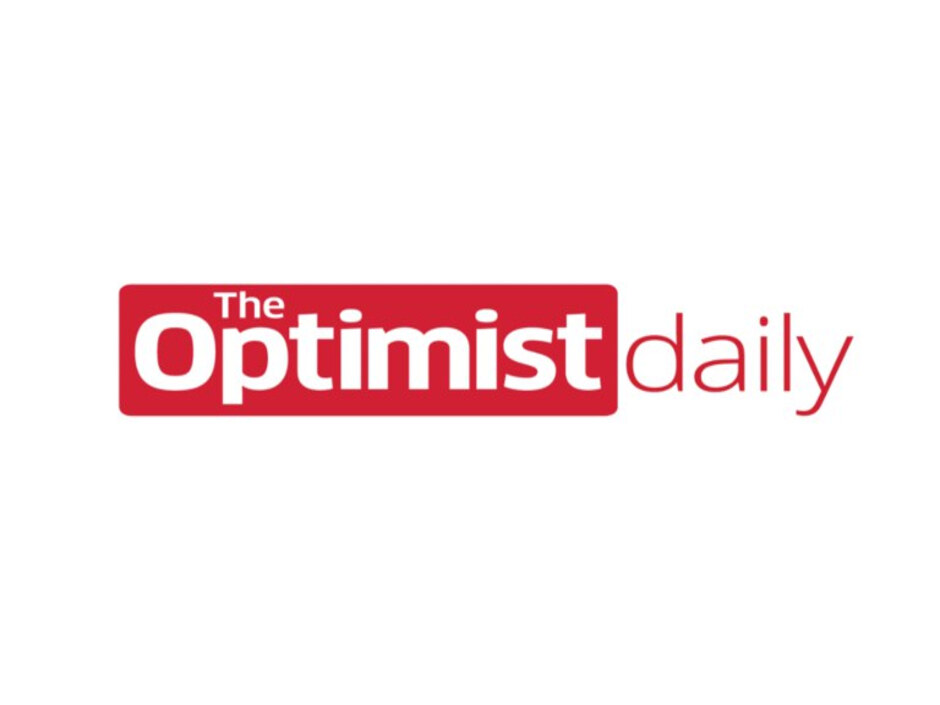You might not see many people walking down the sidewalk in downtown Fairfax, Virginia, during the pandemic, but it’s possible that you’ll see a robot. The city is the latest to partner with Starship Technologies, a company that makes small delivery robots and now operates a fleet of 20 in Fairfax, making deliveries from restaurants to anyone within a small radius, and bringing groceries to the elderly and others at high risk from COVID-19.
When it became clear that coronavirus would change life in the town and heavily impact the business community, the city looked for ways to help. That’s when the city government decided to fast-track approval for the robots partly as a way to keep local grocers and restaurants up and running.
Customers order groceries or restaurant meals through an app, then drop a pin where they want the food delivered. As with Uber, an interactive map shows the delivery en route, as the robot travels down sidewalks and crosses streets. (Like an autonomous car, the tiny robot uses sensors, artificial intelligence, and machine learning to navigate. The company’s team monitors the robots remotely and can control them if needed.) When the food arrives—the little bots can carry up to 20 pounds of groceries, or around three bags—the customer uses their phone to unlock the robot and retrieve their order.
The tech is obviously well-suited for the era of social distancing: Without a delivery driver, there’s less contact with the food before it reaches the customer, and both the hypothetical driver and the customer are protected from exposure to germs. And when the robot returns to the store, it can easily be cleaned using a Lysol wipe. Fairfax isn’t the only city to be operating robots from Starship Technologies: the company recently started operating in Washington DC, Tempe, Arizona, and Irvine, California.











